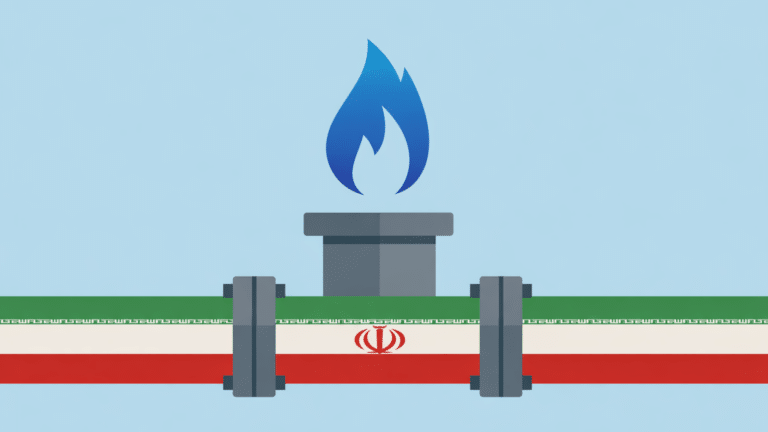This website uses cookies as well as similar tools and technologies to understand visitors’ experiences. By continuing to use this website, you consent to Columbia University’s usage of cookies and similar technologies, in accordance with the Columbia University Website Cookie Notice.
Guest
Mary Landrieu
Former Louisiana Senator
The political debate over U.S. energy policy has grown more polarized in recent years, making consensus difficult to reach and leaving the country with an uncertain roadmap for supply and demand. Former U.S. Senator Mary Landrieu, who served as Chairman of the Senate Energy Committee and gained a reputation on Capitol Hill as a centrist who worked with Republicans on energy and other national priorities, sits down with host Bill Loveless to talk about why it’s time for the U.S. to take an entirely new approach to making those decisions. Landrieu weighs in on: The differences among regions of the U.S. over energy production and demand; How Democrats and Republicans managed to strike deals and enact major new energy legislation in the past; Fundamental changes in the political parties that have deepened divisions between lawmakers and made legislating more difficult; The opportunities for energy security in the U.S. as production of oil, natural gas and renewable energy increase; Her plans for a new approach to energy policymaking that she says could overcome the gridlock in Washington.
More Episodes
Michael Webber on What’s Behind Rising Energy Costs
With electricity prices on the rise, the future of our power grid is attracting a lot more attention. Surging demand is at the center of the story, but...

Reporters’ Roundtable: What’s Driving US Energy Policy News in 2026?
From the affordability crisis and the data center boom, to the US government’s campaign to reinvigorate the Venezuelan oil market, energy is dominating headlines in unusual ways. And...

Anja Manuel on the Next Era of Great Power Competition
Great power competition—particularly between the United States and China—is intensifying. This rivalry is reshaping everything from technology supply chains and energy security to the future of artificial intelligence. ...

Oil and Venezuela: What’s Next?
Early on January 3, 2026, the United States apprehended Venezuelan President Nicolás Maduro and his wife and removed Maduro from power. Maduro was transported to New York, where he now faces federal charges of narco-terrorism and drug trafficking.

Relevant
Publications
How a Conflict in Iran Could Affect Oil Markets in the Gulf Arab States
Multiple US–Iran conflict scenarios carry materially different risks for global oil infrastructure, transit routes, and prices.

Where China Gets Its Oil: Crude Imports in 2025 Reveal Stockpiling and Changing Fortunes of Certain Suppliers, Including Those Sanctioned
China’s crude oil imports hit a record-high 11.6 million barrels per day in 2025, as geopolitical tensions, low oil prices, and global oversupply spurred China to increase its oil stockpiles, a trend likely to continue in 2026.


Iran’s Natural Gas Paradox: Vast Resources, Limited Export Capacity
Iran appears to be a natural gas giant, due to its large proved gas reserves and significant gas production and consumption.

